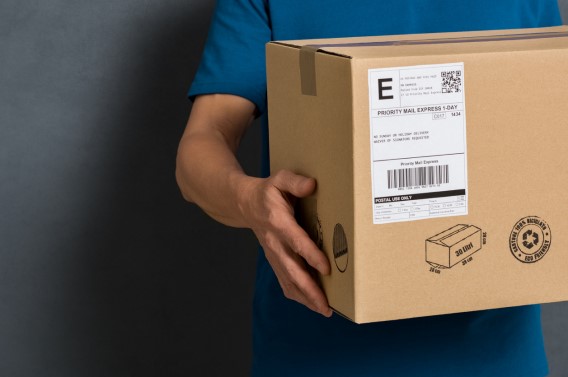11 March 2022
Disinfectant shortage leads to first-time collaboration

Collaboration between HSV, a local supplier and an Australian biotechnology organisation to accelerate approvals for a locally-sourced alternative has meant health services have been able to avoid a shortage of essential disinfectant for cardiac surgery equipment.
A shipment of cold sterilant delayed in port in the United States due to congestion was behind the threat, which HSV identified with the assistance of contacts within the Commonwealth Government.
The disinfectant is used on perfusion equipment for cardiac bypass surgery and cannot be transported by air as it is classified as a dangerous good.
HSV immediately began assessing the likely impact on health services.
“While we try to identify vulnerabilities well ahead of time, there will always be unexpected short-term disruptions that require an immediate response," says HSV Director Supply Chain Surety, Kate Warren.
“We start by verifying the problem and the possible impact before looking at every node of the global supply chain to identify multiple potential solutions.
“Having multiple solutions is important – an initial plan to extend the shelf life of this disinfectant was set aside when testing confirmed usage could not be extended beyond 31 January 2022,” says Kate.
HSV identified the need for quality, regulatory and technical expertise and quickly worked with contacts in the biotechnology industry for support.
HSV also engaged representatives from suppliers and distributors for support to expediate approval for the disinfectant product’s use, which was provided by the Commonwealth Government and the Therapeutic Goods Administration (TGA).
“We worked with industry contacts to identify and obtain approval for an alternative product that was available from a local supplier – solving the immediate problem and identifying a long-term solution at the same time,” says Kate.
“We often work closely with clinical advisory groups in relation to alternatives where first-line products are not available, but this was the first time we worked with industry to find a solution.
“Hospitals rely on a large range of diverse medicines, products and services and our goal is to secure and manage stock to allow them to continue providing the best patient care without disruption,” she says.
Following a recommendation by a department-convened working group of clinicians and perfusionists, hospitals undertook an equipment clean on 31 January 2022 before starting to use the alternative product at the start of February.
“It always makes it worthwhile when we can help resolve supply chain issues before they impact patients,” says Kate.
“Working with the networks of hospital staff and clinicians we appreciate their desire to serve our patients – the ‘can do’ approach we get to see as we resolve the issue provides the satisfaction we often talk about in health. It’s a great end result!”